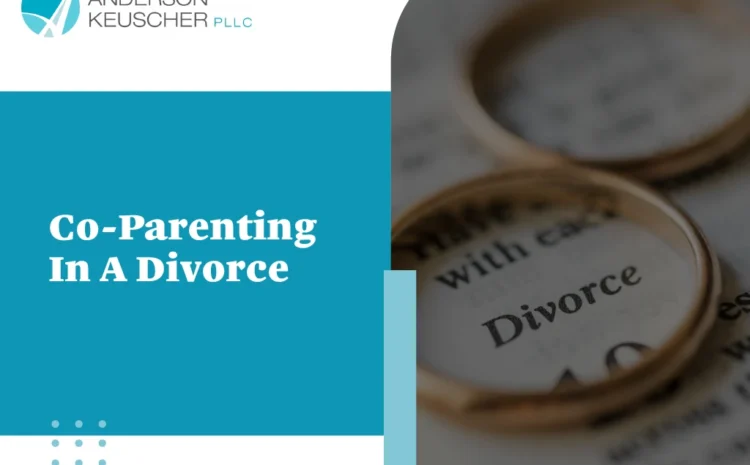
Co-Parenting In A Divorce
Co-parenting after a divorce is never an easy task, and it can become even more challenging when one parent’s actions start to affect the well-being of the children. When a parent’s behavior becomes a cause for concern, it is essential to take appropriate steps to ensure the children’s safety and well-being. In this case, the father’s ex-wife’s new lifestyle is causing him to worry about their children’s care, as she frequently leaves them with babysitters or even overnight so that she can go clubbing with her friends.
Your Approach Matters
It is essential to approach the situation calmly and without judgment. The father should express his worries about the children’s safety and well-being and suggest that they find a better solution that works for both of them. It is crucial to remain respectful and avoid criticizing the other parent’s lifestyle or behavior, which may lead to hostility and conflict. Instead, the father should focus on the impact of the behavior on the children and their needs.
If the conversation with the ex-wife does not yield any results, the father could suggest mediation or counseling to work out a better co-parenting plan that prioritizes the children’s needs. Mediation is an excellent option to resolve disputes as it allows both parties to have a neutral third-party mediator to help facilitate communication and find common ground. This can be especially helpful when dealing with complex issues such as parenting plans and schedules.
Look Into Different Custody Options
If the father’s ex-wife is still unwilling to make any changes, he may have a case to modify the custody arrangement. The father should seek legal advice from a family lawyer specializing in child custody cases. The lawyer can advise him on the legal options available, such as filing a motion to modify custody and what evidence he needs to gather to support his case. It is essential to note that the court will always prioritize the children’s best interests when making custody decisions.
To support his case, the father should gather evidence of his ex-wife’s behavior, such as witness statements, receipts, or any other documentation showing that his ex-wife is neglecting their children’s care and safety. The father should also document his efforts to communicate with his ex-wife and any responses he receives. This documentation can be helpful in court to demonstrate the father’s willingness to cooperate with his ex-wife and find a solution that prioritizes the children’s needs.
Your Child Comes First
It is essential to remember that the well-being of the children is the most important aspect of co-parenting. If one parent is not fulfilling their responsibilities, it can have long-lasting effects on the children’s emotional and physical health. The father must take action to protect his children and ensure that they are receiving the care and attention they need.
In conclusion, co-parenting after a divorce is challenging, and it requires both parents to put aside their differences and prioritize the children’s well-being. When a parent’s behavior becomes a cause for concern, it is essential to take appropriate steps to ensure the children’s safety and well-being. The father in this situation is responsible for protecting his children, and he should not hesitate to do so. By having an open and honest conversation, seeking mediation or counseling, and, if necessary, seeking legal advice, he can find a solution that works for everyone involved.

